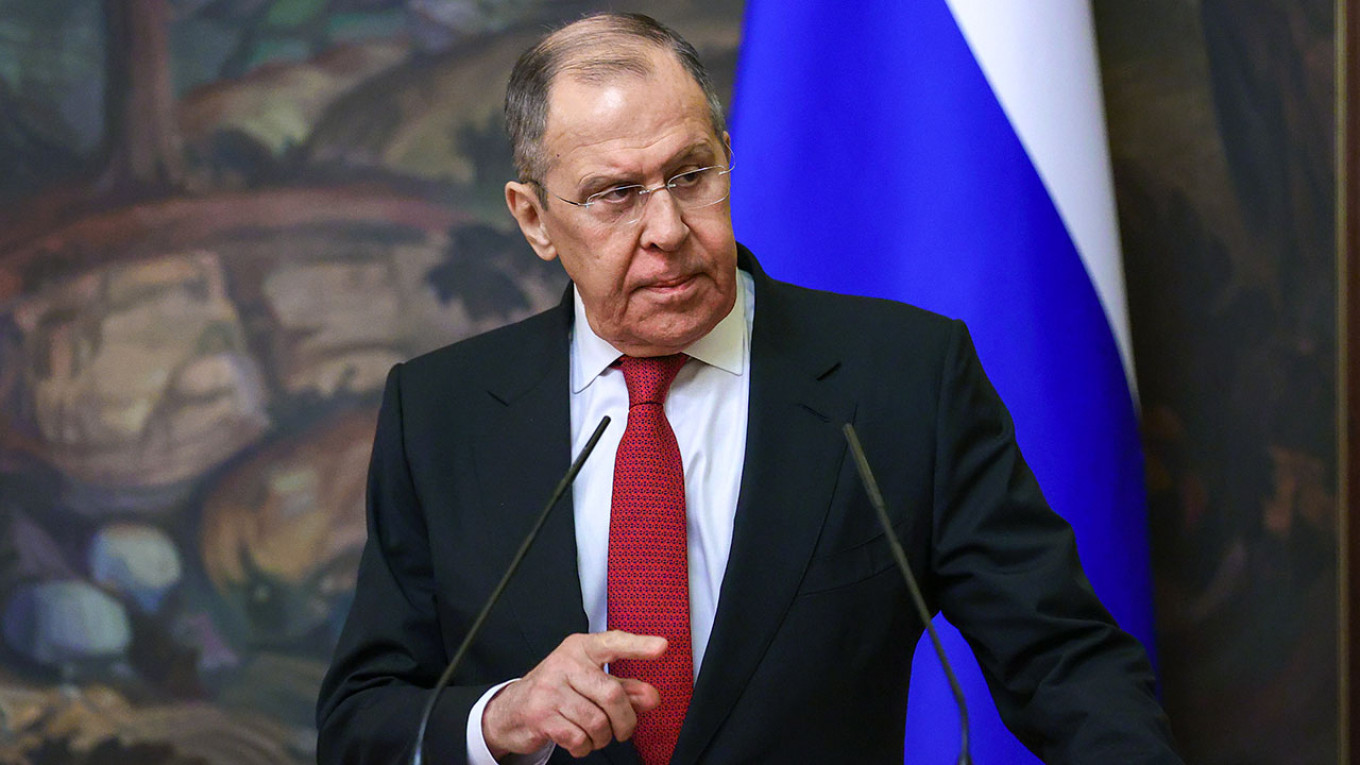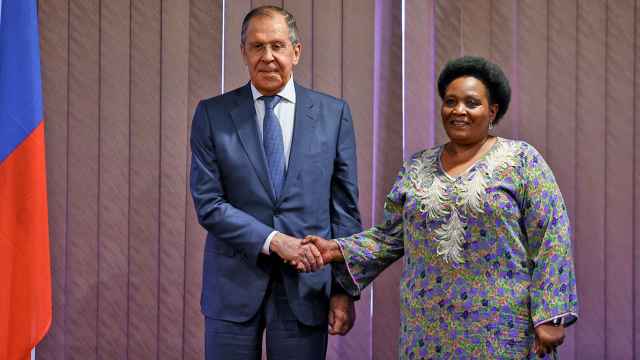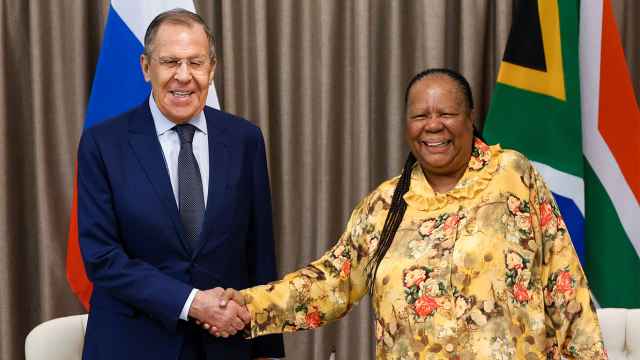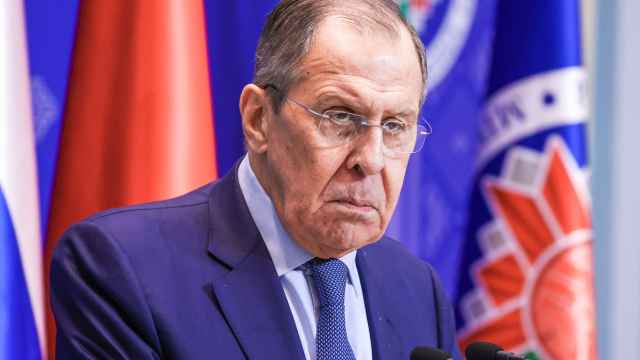Russia’s top diplomat on Monday likened the European Union’s policy of “pushing back, constraining and engaging” with Moscow to “political Kama Sutra.”
Brussels’ high representative Josep Borrell outlined the multilateral Russia strategy in June as the sides reached their “lowest level” in relations due to a litany of disagreements including Ukraine, Belarus and human rights.
“I imagine the choreography and, excuse me, that’s political Kama Sutra,” Russian Foreign Minister Sergei Lavrov said in an interview with pro-Kremlin pundit Vladimir Solovyov.
Lavrov repeated President Vladimir Putin’s scathing criticisms of what Moscow perceives as threatening steps by the West, including NATO expansion eastward.
Russia this month issued a series of sweeping security demands to the United States that include NATO withdrawing forces to positions held before the alliance's wave of eastward expansion following the Soviet collapse and banning Ukraine from joining NATO.
Lavrov’s hour-long interview on Solovyov’s YouTube channel was published on the same day that the White House announced Russia-U.S. talks on European security on Jan. 10.
“Russia can put its concerns on the table and we will put our concerns on the table with Russia’s activities as well,” an unnamed White House official was quoted by AFP as saying.
Russia-NATO talks are then expected on Jan. 12, followed by talks with OSCE, Europe’s top security organization which includes the U.S., on Jan. 13.
The diplomatic talks will pick up following weeks of Western warnings that Russia is amassing tens of thousands of troops on the Ukrainian border with the possible aim of invading the neighboring country.
Putin denies plans of an invasion, instead threatening an “appropriate retaliatory” military response to what he calls the West’s “aggressive stance.”
The Russian president said last week he had seen a “positive” response from the U.S. to Moscow's security proposals.
A Message from The Moscow Times:
Dear readers,
We are facing unprecedented challenges. Russia's Prosecutor General's Office has designated The Moscow Times as an "undesirable" organization, criminalizing our work and putting our staff at risk of prosecution. This follows our earlier unjust labeling as a "foreign agent."
These actions are direct attempts to silence independent journalism in Russia. The authorities claim our work "discredits the decisions of the Russian leadership." We see things differently: we strive to provide accurate, unbiased reporting on Russia.
We, the journalists of The Moscow Times, refuse to be silenced. But to continue our work, we need your help.
Your support, no matter how small, makes a world of difference. If you can, please support us monthly starting from just $2. It's quick to set up, and every contribution makes a significant impact.
By supporting The Moscow Times, you're defending open, independent journalism in the face of repression. Thank you for standing with us.
Remind me later.






